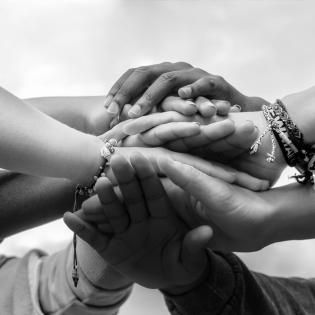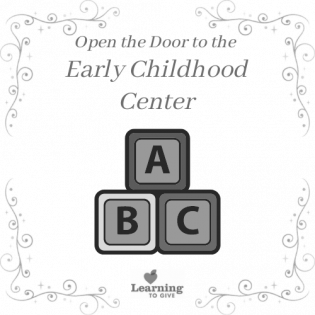Filter by subjects:
Filter by grades:
Filter by audience:
Filter by issue area:
Filter by content type:
Filter by resource type:
resource search
Open the door to your local early childhood care center and find out how organizations that care for young children make your community a better place. An early childhood learning center is led by professional educators who understand how children learn and thrive for optimal development. Every community benefits from good quality early childhood development, which can occur in childcare facilities or in the child's home. Learn about this organization and how you can help.
Students use standard software as they develop, research, and present a project related to community nonprofits.
Participants identify and compare the different roles of the four sectors of the economy (government, business, nonprofit, and family). They identify which sector does what and observe how they approach differently the sometimes overlapping responsibilities....
Students identify key events in U.S. history and the magnitude of the Constitution in context, with a particular emphasis on philanthropy. This lesson is designed for Citizenship/Constitution Day (September 17) and connects students to the historical significance of the...
To introduce students to Andrew Carnegie as one of the outstanding early philanthropists of the United States.
To introduce students to grantmaking and the work of community foundations.
Students explore what it means to be responsible citizens and identify ways they are (or can be) responsible at home, in school, and in the community. They create a survey related to people's perceptions of community health and poll members of the community to identify needs.
To continue the study of philanthropist John D. Rockefeller’s influence on American culture.
Through discussion and response to literature, we define philanthropy as the sharing of time, talent, and treasure for the common good. Participants reflect on the benefit of philanthropy to the giver and receiver.

